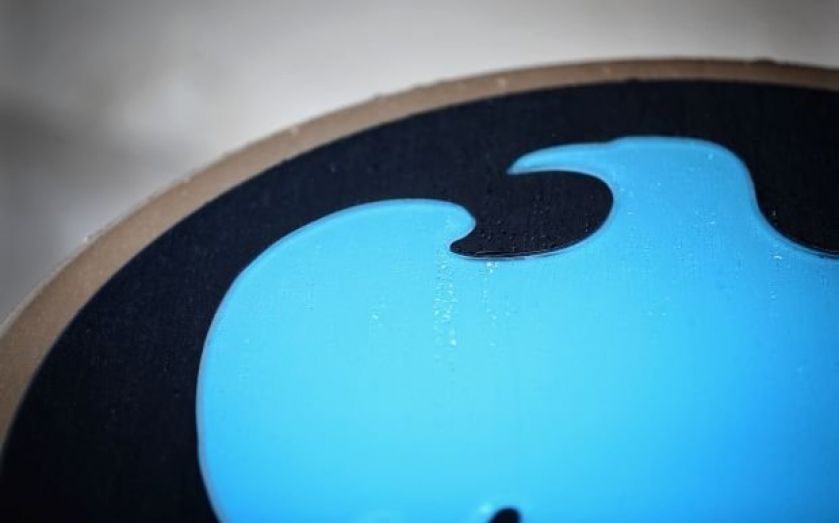Barclays’ progress frustrated by legal costs and PPI

Mounting PPI payouts and weak investment bank performance knocked Barclays’ profits in the first half of 2014, the bank said yesterday.
Pre-tax profits fell seven per cent to £3.3bn, down from £3.6bn in the same period of 2013.
Operating income fell nine per cent to £12.2bn, while operating expenses rose nine per cent to £8.9bn.
The bank had to set aside another £900m to cover increasing payment protection insurance (PPI) compensation payouts, taking its total provisions for the mis-selling scandal to £4.8bn.
Its investment bank performed poorly, with profits diving 48 per cent on the year to £1.1bn.
And foreign exchange movements helped drag its African profits down 12 per cent to £484m.
But Barclays had more success in its UK-focused retail banking units.
Its personal and corporate banking arm recorded profits of £4.4bn in the six-month period, up one per cent on the year. And Barclaycard’s profits rose five per cent to £2.1bn.
The bank’s common equity tier one capital ratio improved from 9.1 per cent to 9.9 per cent, as the bank wound down non-core units.
It reduced its risk-weighted assets, against which the capital ratio is measured, by £31bn to £411bn.
The non-core units accounted top £22bn of that fall.
Those units include parts of the investment bank long-term macro and foreign exchange trading desks, as well as non-standard derivatives.
Barclays wants to slash those units which are expensive to run but give only weak returns in the post-crisis world of leverage controls and tougher regulation.
The core units, which the bank is keeping, gave a return on average shareholders’ equity of 11 per cent in the six month period, and a cost to income ratio of 63 per cent.
By contrast, the non-core units, which are being wound down or sold off, had a negative return on equity of six per cent, and a cost to income ratio of 142 per cent.
The bank’s share price shot up 4.24 per cent as investors were impressed by the results.
However, the bank still faces several legal and regulatory uncertainties.
It is in a battle with the New York attorney general who has accused the bank of lying to clients investing in its dark pool trading platform, while US authorities are also investigating the tax status of some Swiss bank accounts. The bank is also contesting a case with energy regulators in the US, and authorities across the world are looking into foreign exchange rate benchmarks.